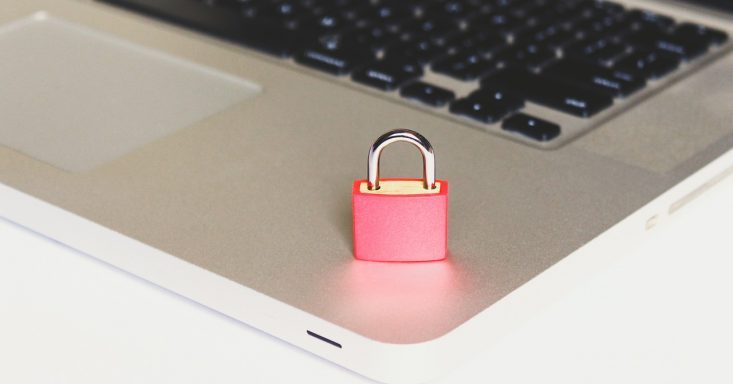As Aurora’s Digital media Investigations and stalking advocate, it has been my job to support victims of stalking with a large tech element. In my experience, it is extremely rare for a stalking case to be completely without a cyber-element. Stalking has always existed, but the rise of the internet and technological advances have provided stalkers with new avenues to get to their victims in increasingly alarming ways.
Cyber stalking can be best described as a set of behaviours that entail persistent use of unwanted electronic communications and tactics to cause alarm and distress to a victim.
Behaviours that you may typically see include:
- Constant unwanted messaging on social media platforms
- Hacking
- Creating fake accounts or impersonating a victim online
- Submitting online complaints or bad reviews about the victim’s work
- Installing spyware on devices
- Contacting family and friends of the victim
- Harvesting information about a victim using online resources
Of course, it is important to remember that stalking behaviours are not limited and can encompass a whole range of techniques!
Cyber stalking crimes are increasing, particularly throughout the pandemic as people are having to turn to more technological means to facilitate their crimes. Clients describe cyber stalking as intrusive. This is as our devices are how we communicate with the outside world. Whether it’s that fourth friend request of the day from another fake account, or the 20th message alerting you to their presence, cyber stalking gives the perpetrator the unique capability of sitting in their victim’s pocket.
Because of this ever-changing technological world, it is becoming increasingly important to equip ourselves with the knowledge of how to share the information we want to share online. For these reasons, we at Aurora have put together a simple guide about how to protect yourself online.
First steps to online safety
It is first important to think about what accounts you have, how you use them and what could potentially be linked with someone else. Creating a list of all your online accounts is the best way to start. Then ask yourself the following questions:
- Does anyone know the password?
- What information is this account sharing? For example do your social media accounts share all of your photos/the area you are living/where you work etc.?
- Is this account linked to anyone else in any way? For example online banking or joint Facebook accounts.
- Don’t forget accounts such as Amazon, Just eat, Deliveroo as these store your current address and where you get things delivered. Also keep in mind your Icloud.
Googling yourself can also help to see what information is online about yourself – you may be very surprised at what comes up!

Increasing online safety:
Once you have created your list of online accounts, the next steps are to think of the ways to increase your online safety. A good starting place would be the following steps:
- Change your passwords to something no one can guess. Downloading a password manager off any app store can help with creating and storing difficult passwords so you don’t need to remember them.
- Consider changing your personal questions linked to your account to ones no one will not be able to answer. For example a perpetrator may know your mother’s maiden name.
- Set up 2 factor authentication. This ensures that any new device trying to access your account will need to be confirmed by yourself to have access. Linking your phone number is the best option as you will receive a text alert. You can set up 2 factor authentication in the settings of all accounts. If you aren’t sure, google can offer step by step guides for each account.
- Look at your privacy settings. What would you like to share? Remember your cover photo on Facebook can be seen by everyone regardless of your privacy settings. You will need to manually go through your profile pictures and old cover photos to make those private.
- If you would like to keep your profiles open consider going through your friends list? Do you know everybody?
Of course we completely understand that you may not want to keep everything on social media private! If you do need to share things or would like to share things it is always best to do this as safely as possible. For example, if you post where you are going or somewhere you are, it may be best to post about it after you have left.
Other Safety Considerations:
- Look at your location sharing options in the settings of your phone. Consider whether you use snap maps on Snapchat or Find my Iphone.
- Be careful when posting running routes from apps like Strava. It may help to build a picture of where you like to go running and your routines.
- Change the password for your Wifi if the perpetrator ever had access and the passwords for your Amazon account if you use an Amazon Alexa or something similar.
- Always try to update your phone and apps when your phone/device offers an update.
- If you believe that you have any spyware or software on your device I would recommend completing a factory reset. In most cases this eradicates the issues however you should be aware this will delete any evidence. If you aren’t sure I would always recommend taking your phone to a specialist phone professional.
If you are concerned that you are being stalked or would like to speak to anyone about these issues please do not hesitate to contact us at Aurora New Dawn. We are here to offer support to all victims of stalking. We are here and we believe you.
Contact Number – 02392 479 254
24 hour helpline – 02394 216 816
We are also available via all social media outlets – just DM us.
Helpful websites:
| Aurora New Dawn | https://www.aurorand.org.uk |
| South East Regional Organised Crime Unit | https://serocu.police.uk/individuals |
| National Cyber Security Centre | https://www.ncsc.gov.uk/cyberaware/home |
Next step…
Do you want to get in touch with us?
Want to help us raise awareness?
Want to donate to our cause? 💜







